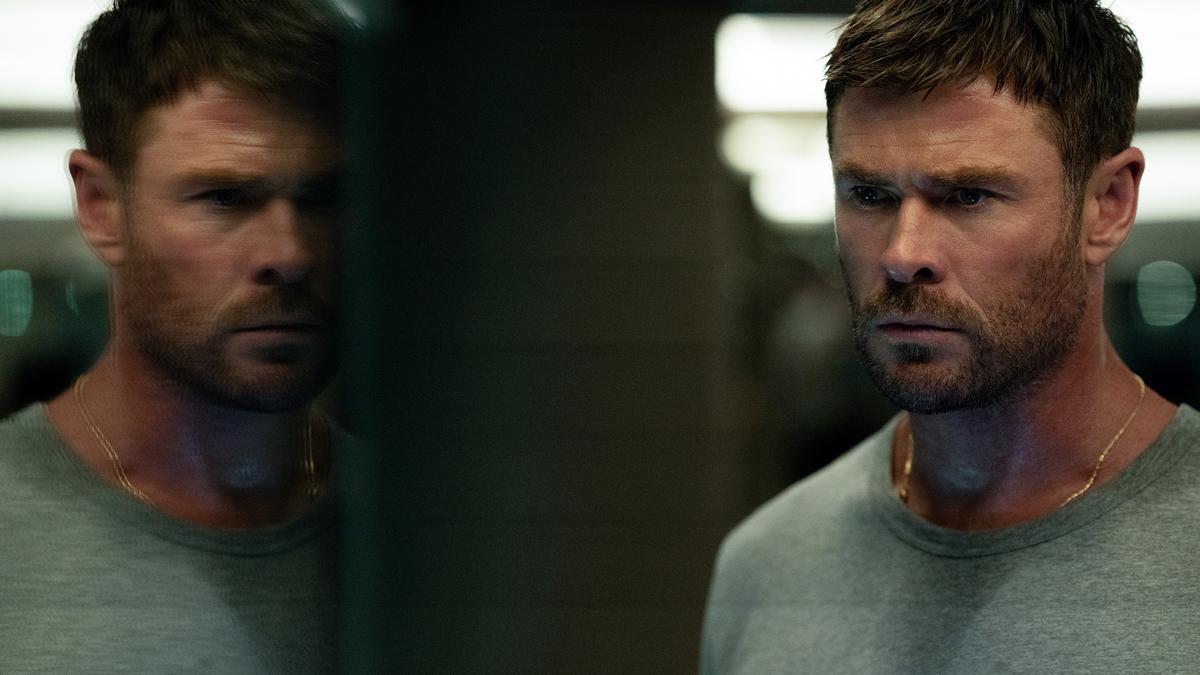
Many couples are exploring the concept of “relationship death” as a strategy to address deep-seated issues within their partnerships. This approach entails dismantling the existing dynamics of a relationship to rebuild it from a healthier foundation. One such couple, Yvonne and her husband, faced significant challenges that ultimately led them to seek this unconventional method.
Yvonne’s journey began when she met her husband on a lively dance floor in Sydney at the age of 23. The couple quickly fell in love, married, and welcomed three daughters into their lives. However, after leaving her job as an accountant to care for their children, Yvonne’s feelings of resentment towards her husband began to surface. She felt burdened by the mental load of parenting, while her husband continued with his social activities, which included golfing and nights out with friends.
Yvonne explains, “I took a year off and he just continued his own life.” This disparity in their responsibilities contributed to growing tension between them. Despite attempts to address these issues through therapy and communication, Yvonne felt that her husband did not fully grasp the extent of her struggles.
As the couple welcomed their third daughter, Yvonne attempted to engage her husband in discussions about sharing the mental load. She felt frustrated as he seemed unaware of the emotional strain she was under, often focusing on the more visible aspects of parenting. “He thought he did a lot by changing nappies, but it was all the other stuff, like planning meals and managing activities,” she noted.
The tipping point for Yvonne came when her husband physically reprimanded one of their daughters, an action they had both agreed was unacceptable. This incident prompted Yvonne to suggest separation, stating, “We tried everything. I said, ‘with all the history… I’ve grown, I’ve left you behind. We need to separate.'”
The couple attempted a “bird nesting” arrangement, where they alternated living in the family home while the children remained in their familiar environment. Despite this, Yvonne still felt lingering resentment. This situation is not uncommon; many couples find themselves at a crossroads, faced with the difficult decision of whether to stay together or part ways.
In her practice, sex and relationships therapist Toya Ricci regularly encounters couples grappling with unresolved resentment. She explains, “Resentment is so sticky, it’s so hard to get rid of.” Often, what begins as minor irritations can escalate into significant issues, clouding the couple’s ability to communicate effectively.
Ricci emphasizes that while therapy can facilitate healing, some couples may need to undergo a metaphorical “relationship death.” This concept involves letting go of the old relationship dynamics that no longer serve them. “You can’t go back to the relationship that you had before,” she advises. “But maybe that’s OK. The question is, how do you want to build a new relationship?”
When Yvonne decided on separation, she sought the guidance of a marriage coach who proposed the concept of relationship death. This approach encouraged the couple to discard their old marriage model, allowing them to navigate a new phase without the constraints of their previous roles. Yvonne recalls, “We were going into this grey zone — so you’re not together, you’re not married, but you’re not going off seeing other people either.”
During their time apart, both Yvonne and her husband had the opportunity to reflect on themselves and their relationship. Yvonne describes this period as transformative. “I was such a shell of myself coming out of that marriage; I was just so depressed. It was about finding myself again and reconnecting with who I am.”
Eventually, after six months of separation, Yvonne and her husband met to discuss their future. He expressed his love for her and his willingness to work on their relationship. Yvonne, initially prepared to finalize their divorce, felt a change within herself. “I just froze, and there was just something in my body just saying: no, no, no,” she said, realizing she wanted to explore the possibility of reconciliation.
Their marriage coach reassured her that her feelings were valid and a natural part of the process. “That’s relationship death,” Yvonne recalls her coach saying. The couple began to implement new communication strategies and tools to help them navigate their emotions more effectively.
As they worked on their relationship, Yvonne began to notice positive changes in her husband. “He now hears me,” she says, describing how he has become more attuned to her feelings. The couple has been back together for seven months, and while they acknowledge that resentment can still surface, they are committed to ongoing growth.
Yvonne understands that maintaining a healthy relationship requires continuous effort. “We’re constantly working on things,” she states. “It’s always going to be ongoing, but that’s the amazing thing because we are modeling this for our girls: how to repair, how to communicate effectively.”
This evolving understanding within their partnership demonstrates that while resentment can threaten a relationship’s viability, it is not necessarily the end. Yvonne and her husband are learning to navigate their challenges together, with hopes of building a stronger and more resilient relationship for their family.





